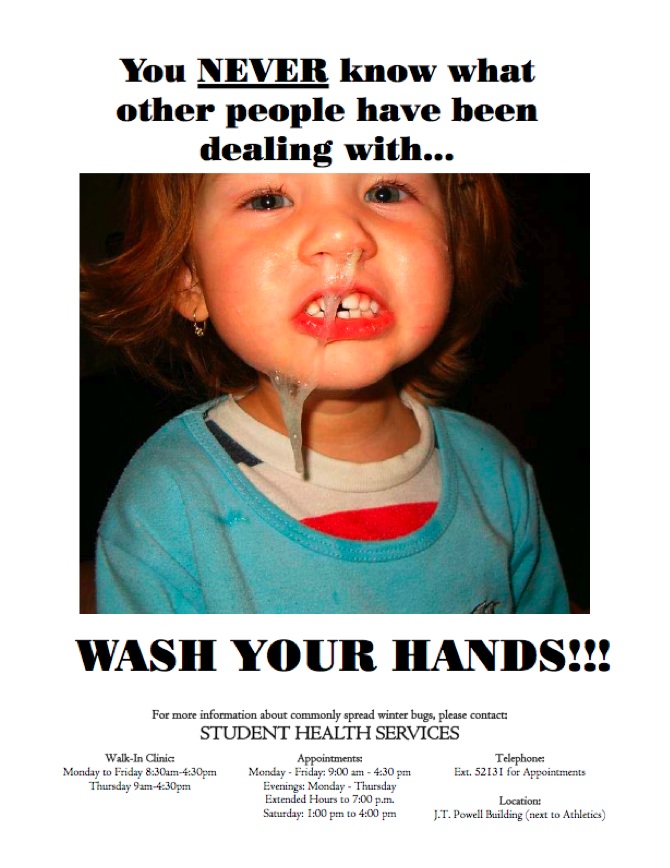Awareness Corp. of Mesa, AZ, is recalling its 7.4 ounce container of  Boost Tea because it may be contaminated with Salmonella.
Boost Tea because it may be contaminated with Salmonella.
There are no known illnesses.
The possibility of Salmonella contamination was discovered during routine testing by a third party customer of FutureCeuticals, a large manufacturer and supplier of organic ingredients in North America. We have been informed by a reliable source that organic spinach powder produced by FutureCeuticals tested positive for Salmonella in another company’s product, not in Boost Tea. Boost Tea also contains this organic spinach powder ingredient obtained from supplier FutureCeuticals.
Upon notification by the FDA of FutureCeuticals Spinach powder issues, Awareness conducted its own investigation and had independent lab analysis performed by two separate analytical laboratories which confirmed a complete absence of Salmonella in its Boost Tea product. Based on Awareness’ utmost concern about product safety, it is conducting this voluntary recall as a preventative measure. To prevent a recurrence of this concern, Awareness has removed organic Spinach powder from Boost Tea and expects new Boost Tea to be available in the next few weeks.

 Does that matter? Does someone need to know specifically about E. coli O157 or do they need to know to wash their hands after playing with road apples or cow patties.
Does that matter? Does someone need to know specifically about E. coli O157 or do they need to know to wash their hands after playing with road apples or cow patties. The three children, whose ages have not been revealed, are all members of the same family who have recently met for barbecues and picnics.
The three children, whose ages have not been revealed, are all members of the same family who have recently met for barbecues and picnics..jpg) The South Wales Echo is reporting today
The South Wales Echo is reporting today